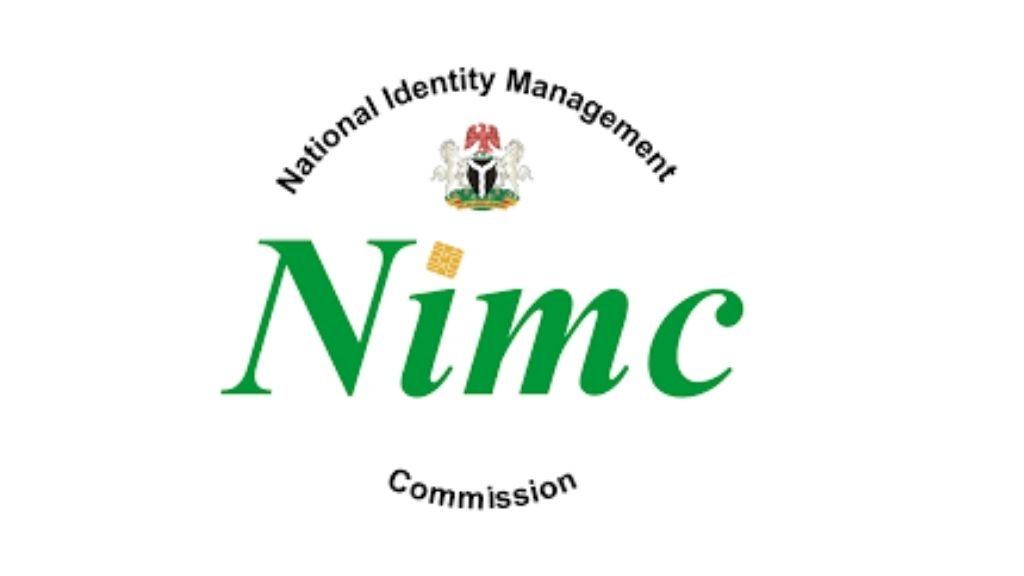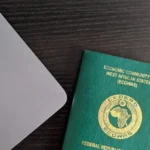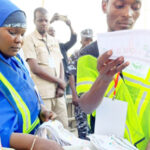I had written an article on the significance of the National Identification Number (NIN) as one of the sacred national documents and the imperative of harmonising the personal data that federal government agencies collect. The article focuses on agencies, such as the Central Bank of Nigeria (CBN), the Federal Road Safety Corps (FRSC), the Nigeria Immigration Services (NIS), the National Population Commission (NPC), the Federal Civil Service Commission (CSC), the National Communications Commission (NCC), the Independent National Electoral Commission (INEC), and the security agencies.
The idea of harmonising personal data affirms the role of the National Identity Management Commission (NIMC) in providing a central database for the official uses of these agencies.
Making NIN a mandatory means of identification has paid off in a big way. It has efficiently eased huge problems of insecurity, personal data disparity, and lack of reliable statistical data, issues that would have otherwise been hard to fix.
A healthy synergy between FCSC, NPC, INEC, and NPF would help NIMC establish a comprehensive and harmonised NIN database. Thus, the advent of NIN as the National Identification Card (National ID) terminates the validity of PVC. Therefore, using PVC for voting and identification purposes is a waste of resources and a duplication of personal data.
Bandits send abductee to buy fuel in Niger
NIGERIA DAIILY: What Nigeria Should Learn From Sudan
Critically analysing the pros and cons of the effectiveness of voting with an ID other than NIN is very revealing. To take stock of the empirical evidence gathered from the February 2023 election, you will see things from a clear perspective. The number of eligible voters registered for the 2023 elections was over 90 million. Out of this number, 87,091,007 eligible voters collected their PVCs. But only 24,025,940 million (or 25.7%) voters cast ballots in the February 2023 presidential elections. This figure suggests a low turnout of voters.
The turnout of voters brought about interplays between factors that led to such voting apathy and why spending on such projects never paid off, a point that provokes an introspective question as to why PVC remains a permit for voting during elections instead of NIN.
The response hinges on a cost-benefit analysis. First, election-sensitive materials are a lucrative business. For example, ballot boxes are imported from China at N25,000 per box. Our local plastic companies in Aba Market can produce the same ballot box for a reasonable price. Hypothetically speaking, if the production of PVC is not on contract, i.e., executed through direct labour, the fund budgeted for printing must be higher than N500 per PVC. Why the spending on PVC when many eligible voters obtain their NIN, which can serve multiple purposes, including voting?
With the hindsight of the ineffectiveness of PVC as a voting permit, the NIN solution for registering eligible voters is an apt idea INEC has to embrace.
The concern is that NIMC needs to upgrade its cyber infrastructure with state-of-the-art equipment to accelerate capturing, storage and smooth management of the NIN database. The emphasis is on the efficiency of the internet connection and the speed at which the cybersystem processes data.
On the other hand, the compatibility between the NIMC data-sending programme and the government agencies receiving it is an issue for critical consideration. Like NIS, CAC, CBN, and other agencies that share the NIN database, INEC has to join the queue. If this happens, INEC would be relieved from the encumbrances of inconsistency and manipulation of personal data during Continuous Voter Registration (CVR).
However, to effectively meet the request of voters for polling unit transfers and other issues that may arise, INEC should consider utilising the NIN database as a gateway and integrating an INEC-Voters interaction portal window as suggested below.
Centralising the NIN database would help INEC develop an authentic, eligible voter database, which would result in the credible organising of elections. For example, INEC can filter underage and multiple voting using software and a command language system.
Other considerations include registered voters’ ability to access the INEC portal to ensure their names are registered. Secondly, it will make possible an effective feedback system for receiving and responding to inquiries and complaints from voters in real time.
Lastly, voters should be able to vote at any polling unit that is convenient for them. More so, online voting can be made more convenient, not only for eligible voters in Nigeria but also for diaspora voters.
But unless we agitate for a statutory review, any attempt to abolish the use of PVC will meet the resistance of those who benefit from the system’s lapses in INEC. Therefore, it is imperative that well-meaning Nigerians with wealth of experience, practical ideas, and expertise in IT fine-tune this thought. With a refined concept, we can advocate for the implementation of the use of NIN for voting.
The proposed solution will not only save the country from wasting resources generated from the hard earnings of taxpayers and the precious time of INEC officials and voters but further increase the efficiency and capacity of INEC during elections. An upgraded NIN database will minimise rigging and make every vote cast count. Thus, it is a clarion call for sustaining democracy rather than engaging in mere rhetoric.
This call is advocacy for the optimisation and emancipation of our democratic process from corrupt practices that prevent us from electing political officeholders of our choice. There is a desperate yearning for credible, transparent, inclusive and affordable electoral processes in Nigeria. However, it requires that all hands must be on deck.
Abatcha is the Director-General El-Kanemi Institute for Youth Leadership & Capacity Development LTD/GTE (NG)

 Join Daily Trust WhatsApp Community For Quick Access To News and Happenings Around You.
Join Daily Trust WhatsApp Community For Quick Access To News and Happenings Around You.


